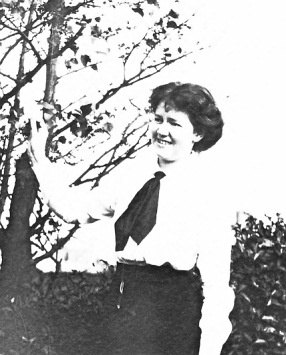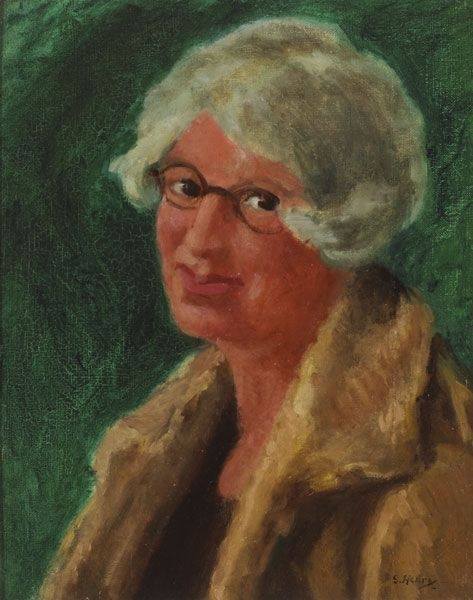Habib le toubib, what a tough question this is. There’s a reason I’ve put it off so long.
- I had some run up of development from 10 to 15, including teaching myself Latin, reading high school Greek literature anthologies, and working out calculus.
- Tried to be religious, gave up around 15, though still retained cultural affection for Orthodoxy.
- Much of my intellectual breadth, I picked up between 15 and 23. That includes music, language learning, literature, literary criticism, basics of history.
- That’s the time you have the time to learn. That’s the time you want access to a good library or three. (One with books in it.) That’s the time you learn more than what your lecturers teach you.
- It helped that I didn’t particularly care about engineering, so I had some spare intellectual energy to devote.
- From 23 to 28, I was laser focused on being a linguist. I gained an encyclopaedic knowledge of much Greek dialect.
- I wrote linguistics papers intermittently from 28 to 36. That was wonderful in some ways, working through problems. In other ways, it was immensely frustrating: I really didn’t have much of an audience.
- From 36 on, I’ve had a day job outside of university. In some ways I’ve atrophied away from it; Quora came up at the right time. Making a point of exposing myself to new stuff.
- Stopped reading around 35. The interwebs have destroyed my ability to focus on extended prose. And I’m sure I’m not the only one.
- I was a fairly unreflective leftist in my youth, socially and economically. I’ve become more centrist economically, and have made my peace with the Market. I think I am more moderate socially, but that’s actually more about acknowledging my conservative roots than about my actual attitudes.
Was that the kind of thing you were after, Habib?


